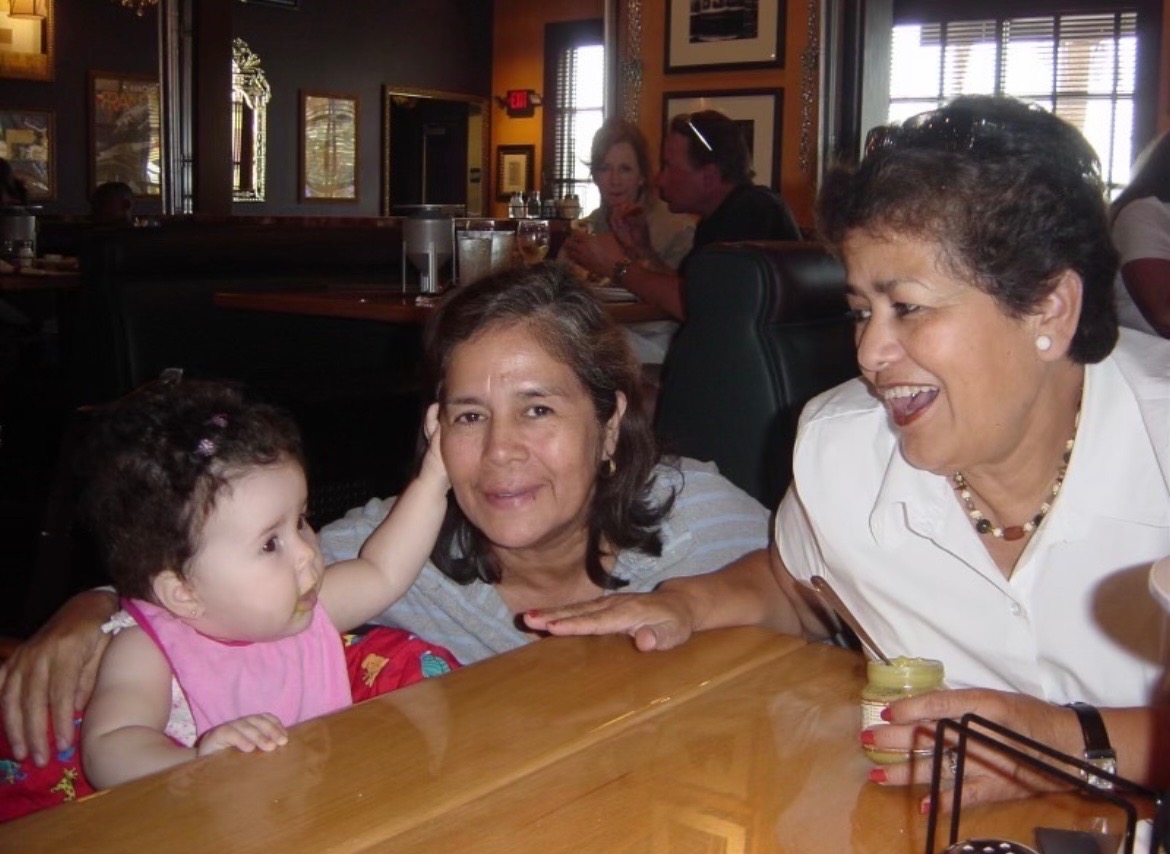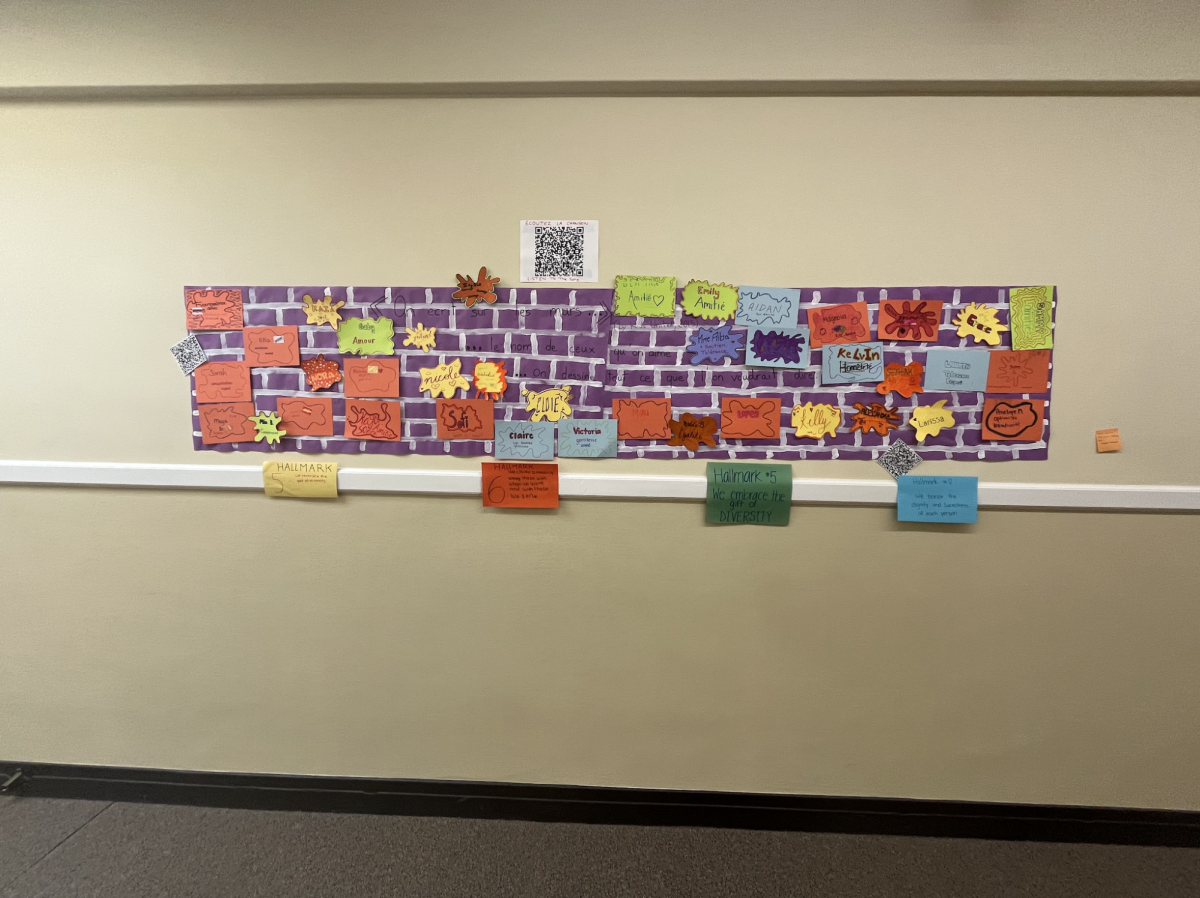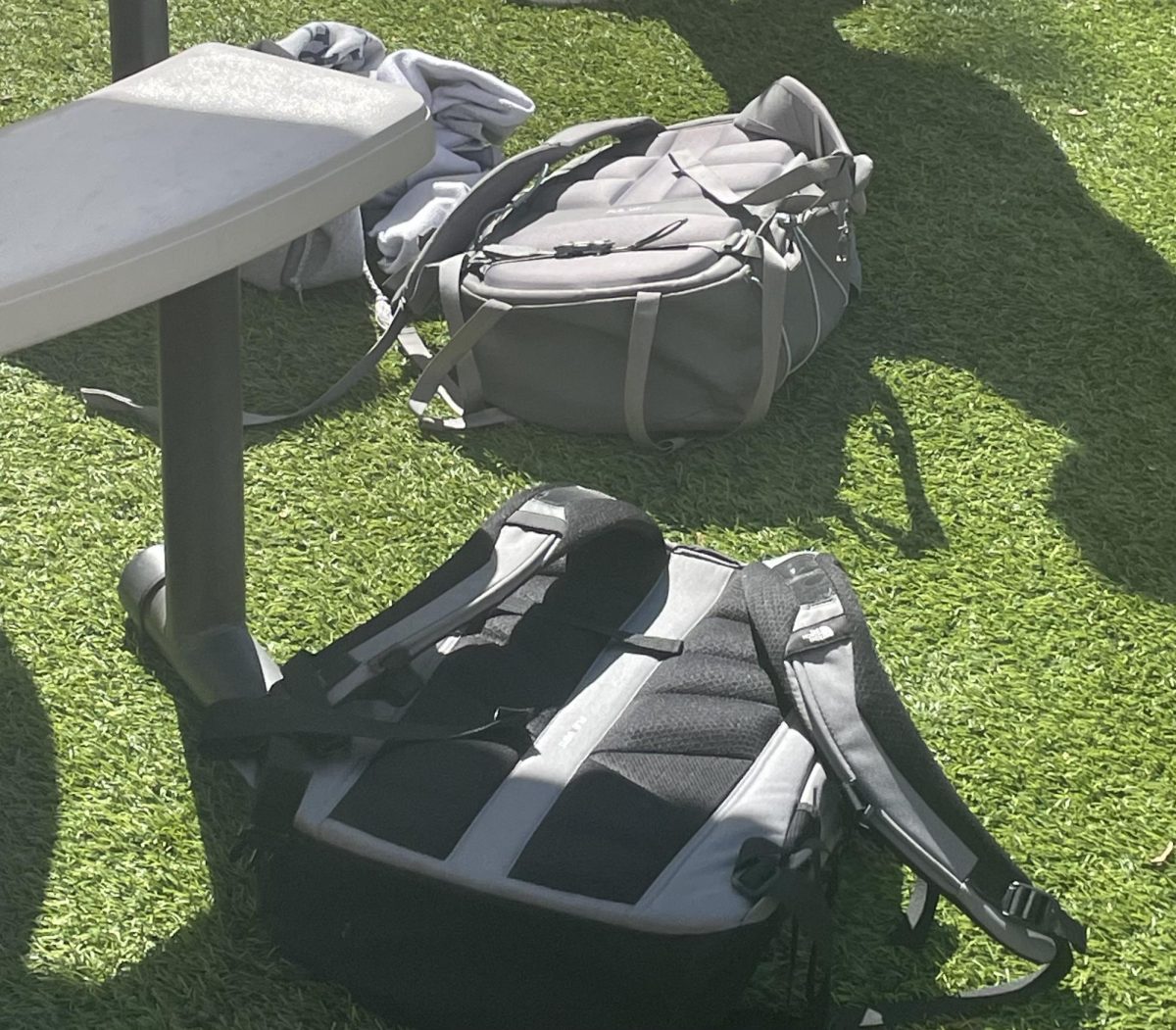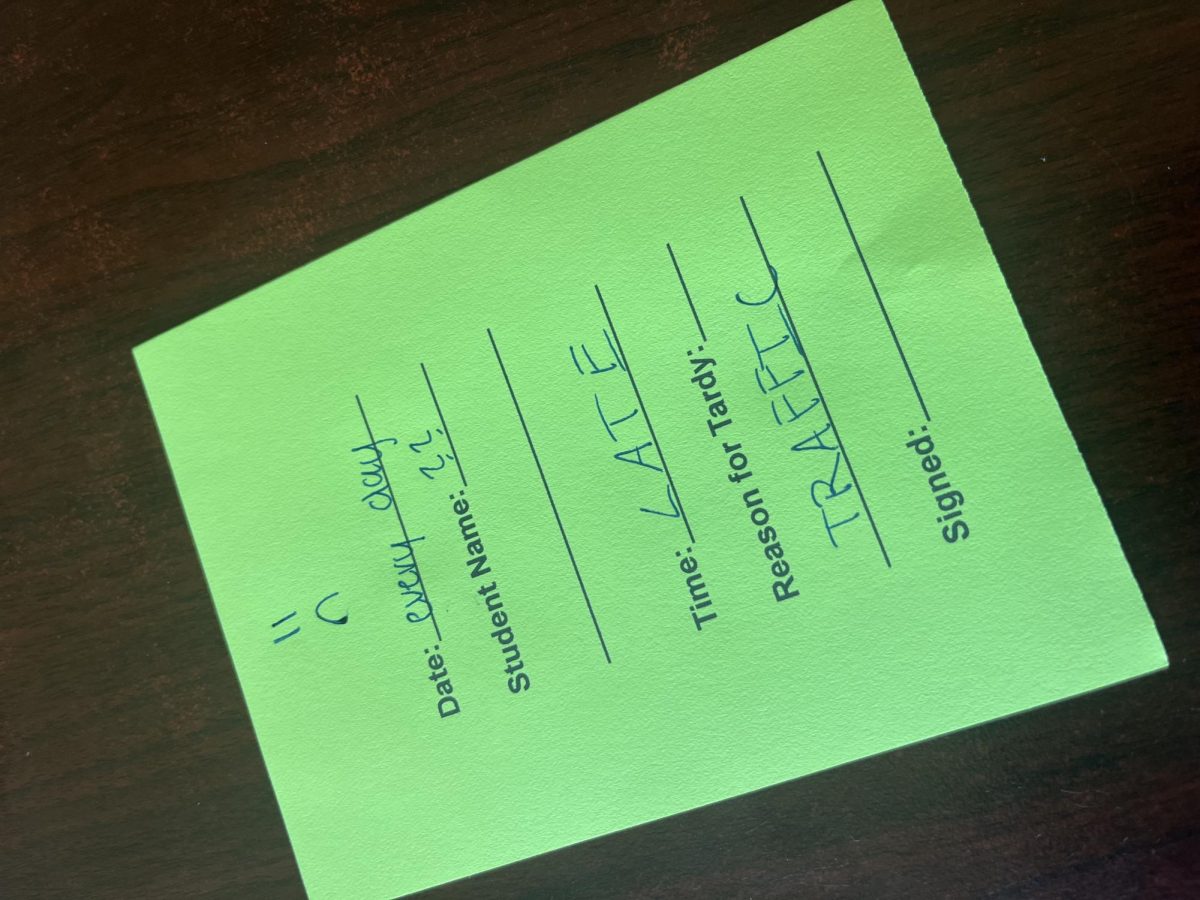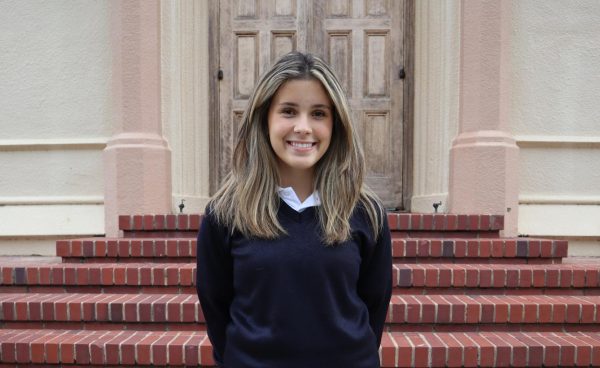How do I celebrate National Hispanic Heritage month? That is a question that has plagued my mind as a girl who is 50% Salvadoran and the rest being a mixture of almost every European country you can name.
At the ripe age of seven, I could already sense a lack of connection with my mother’s side of the family. They had a secret way of communicating in a tongue which I was foreign to. I knew a few Spanish words and children’s songs here and there; all of which were a desperate effort made by my family to teach me a language which
I had no need to speak. I was young and impatient, and learning a whole other set of words was not at the top of my seven year old agenda.
My experience of not being taught my immigrant parent’s language is not an exclusive experience. Many first generation Americans were withheld from being taught their parents’ tongues. Whether it was an attempt to erase a traumatic past, to adjust better to the foreign country or simply because it was not a priority are all reasons for it.
Originally from El Salvador, my mom and her family learned and spoke perfect English. My father could speak a few sentences pretty well, but it was just not necessary for him to learn a language when the family already spoke
his own. Unlike my cousins whose first language was Spanish and second was English, my sole language was the latter.
Not being bilingual as a child led to a feeling of exclusion at family reunions. At a young age, I felt left out of the conversation. It was the same feeling as not being included in an inside joke. It’s really not such a big deal, but it made me wish that I had been raised with both languages. I turned this feeling of regret into motivation which sparked my desire to learn more.
A whole other battle in itself was the bombardment of questions ranging from “What are you?” to just plain assumptions. It seemed I could not answer for myself. On the other hand, telling a friend about a typical meal at a family reunion would lead to a confused look on their face, almost like they had not suspected it, but it suddenly all made sense. If only the realization was so easy for myself.
People of two ethnicities are pressured to have a concrete answer. It feels as though it is impossible to be both. Such questions are not only faced on a day-to-day basis, but in situations that incorporate them into basic required knowledge or surveys that are being collected. When the PSAT registration rolled around during my sophomore year, I was stumped by said specific question. I felt that my answer would be life-defining. By percentage, yes, I am of European descent, but at the same time, yes, I am also Latina. It was as if the PSAT had already started, and I was weighing the lettered options to find which suited best.
Questions such as these on applications, ballots, interviews and more are big debate topics across the nation. Whether or not an ethnic background should be accessible to those reviewing is up for debate. Recent events
such as the U.S. Supreme Court’s decision on affirmative action argues that such identities should not be taken into consideration on college applications.
Regardless of the potential emotional baggage and the possibility of an identity crisis, children of two differing ethnic backgrounds experience two cultures at once. There are different family entertainment, events, languages and music of the cultures held by your family.
My favorite part is the different stories that are shared from either side. Each country has its own history and, with that history, sprouts certain morals and values. The mixture of culture, history, languages and religions is what makes a multiethnic family so unique. Engaging with members of both cultures will grant a wider world view. Their individual experiences have taught me more than any history class can. As I have grown older and developed a larger appreciation for my roots, I began to love collecting these stories and became curious about learning more.
Regardless of the difficulty of being connected to one’s many contrasting ethnicities, it is crucial to take advantage of all it has to offer. Feeling lost in your identity can be daunting, but do not let the disconnection discourage you. Becoming familiar with your culture will bring you to love and grow curious with it. Taking the first step to understanding a key aspect to your identity will only bring you closer to your family and to self-love.

